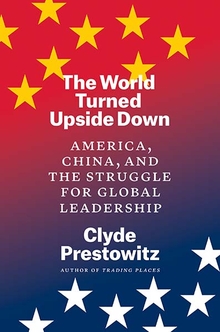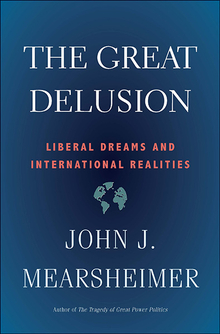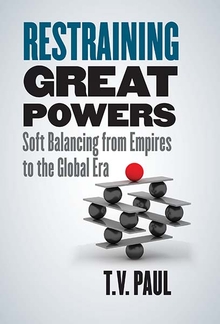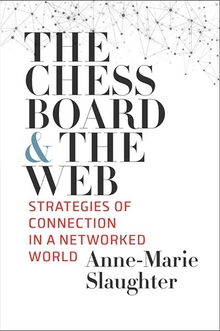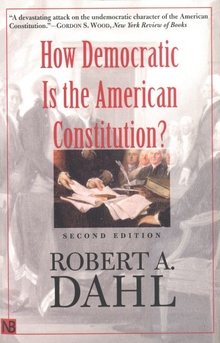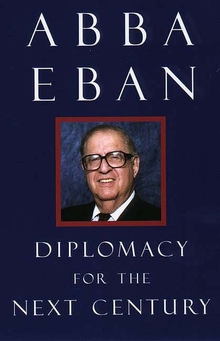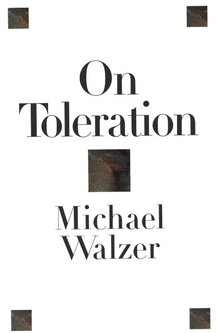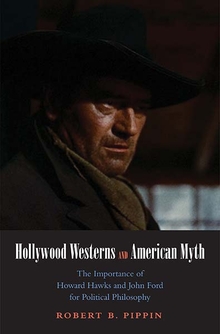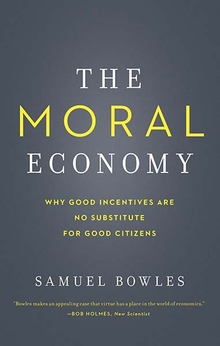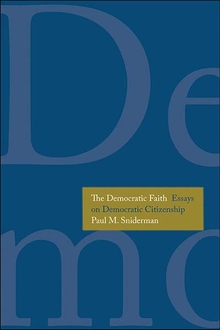The Question of Intervention
WARNING
You are viewing an older version of the Yalebooks website. Please visit out new website with more updated information and a better user experience: https://www.yalebooks.com
John Stuart Mill and the Responsibility to Protect
Michael W. Doyle
The question of when or if a nation should intervene in another country’s affairs is one of the most important concerns in today’s volatile world. Taking John Stuart Mill’s famous 1859 essay “A Few Words on Non-Intervention” as his starting point, international relations scholar Michael W. Doyle addresses the thorny issue of when a state’s sovereignty should be respected and when it should be overridden or disregarded by other states in the name of humanitarian protection, national self-determination, or national security. In this time of complex social and political interplay and increasingly sophisticated and deadly weaponry, Doyle reinvigorates Mill’s principles for a new era while assessing the new United Nations doctrine of responsibility to protect.
In the twenty-first century, intervention can take many forms: military and economic, unilateral and multilateral. Doyle’s thought-provoking argument examines essential moral and legal questions underlying significant American foreign policy dilemmas of recent years, including Libya, Iraq, and Afghanistan.
In the twenty-first century, intervention can take many forms: military and economic, unilateral and multilateral. Doyle’s thought-provoking argument examines essential moral and legal questions underlying significant American foreign policy dilemmas of recent years, including Libya, Iraq, and Afghanistan.
Michael W. Doyle is a University Professor of Columbia University; is affiliated with the School of International and Public Affairs, Columbia Law School, and the Political Science Department; and was formerly Assistant Secretary-General and Special Adviser to UN Secretary-General Kofi Annan.
"In this brilliant book Michael Doyle supplies a lucid history, exposition, and evaluation of the idea of non-intervention from its beginnings in natural law theorizing about doctrines of just war to recent and contemporary debates over Somalia, Rwanda, Kosovo, Ossetia, Libya, Syria, and elsewhere, as well as a thorough account of the evolving machineries of intervention since the creation of the United Nations. It is the best available work on its subject, and is likely to be widely discussed."--Ian Shapiro, Yale University
"Intervention is the quintessential ethical challenge of international politics. Competing claims often appear irreconcilable. Duties are not clearly assigned and expectations change over time. Michael Doyle sorts out the arguments in clear, concise, and lively prose, telling a story that enables a principled approach to power politics. This is a landmark book for scholars, students, and policymakers alike – it will become the go-to resource for years to come.”—Joel H. Rosenthal, Carnegie Council for Ethics in International Affairs
"Michael Doyle straddles, as no one else does, the parallel worlds of theory and practice, international law and relations, politics and philosophy, and empirics and ethics. His book casts a uniquely penetrating light on the question of intervention.”—Harold Hongju Koh, Sterling Professor of International Law, Yale Law School and former State Department Legal Adviser
"Since the 1990s . . . the tension between the norm of state sovereignty and the need to prevent atrocities has become more intense . . . In this magisterial study, Doyle provides the most thoughtful and searching exploration yet of this dilemma."—Foreign Affairs
“Classical international theory at its best….a book full of insight: the tone dispassionate, the argument subtle, and clearly of considerable value to both scholars and practitioners alike.”—J.E. Spence, International Affairs
ISBN: 9780300230604
Publication Date: August 22, 2017
Publication Date: August 22, 2017
296 pages, 5 1/2 x 8 1/4
1 b/w illus.
1 b/w illus.




